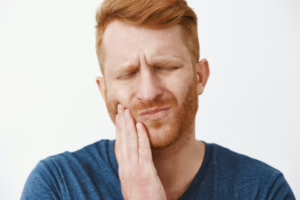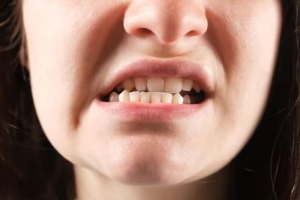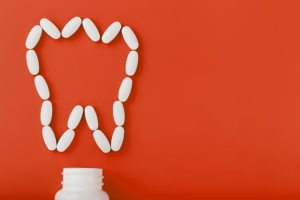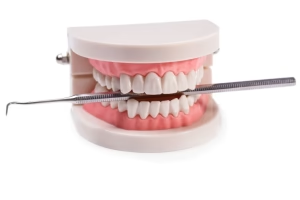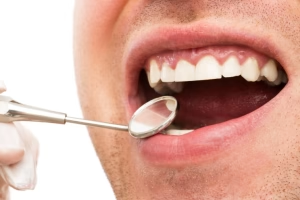4 Options For Patients Who Are Missing Teeth
23 May 2018

It is commonly believed that losing teeth affects mostly elderly people, but younger generations lose their teeth as well. The causes range from poor dental hygiene to severe injuries: decay, root canal, gum infections, periodontal disease, tooth abscess, cracks and chips, poor nutrition – all of these can lead to a loss of one or several teeth. Prevention of these dental conditions is the best solution to avoid missing teeth.
In this article, we will show you what options you might consider when the damage is already done.
Here are the four things you can do if you lost one tooth or more.
1. Leave it as it is
Most people think that gaps in the mouth are ugly and embarrassing, and this is the main reason patients are asking for a tooth replacement option. As strange as it sounds, you can do absolutely nothing about your missing tooth and experience no serious health consequences. Certain experts claim that a positive side of doing nothing about the missing tooth is that the area will be easier to clean around.
However, some experts have a slightly different opinion. Missing teeth won’t kill you, but they can cause various health issues.
As teeth are missing, the bite is changed, which may cause decreased bone density and slanted jaw on one side. In addition, you will not chew food as well as before if lots of teeth are missing, and this can lead to bad digestion. The third thing that can happen if you leave a gap in your mouth is allowing bacteria more space to inhabit, causing plaque to develop.
Dental implants are an extremely popular solution nowadays. This is not surprising given that they can help you replace one missing tooth with ease. The implants are installed in two phases. First, the dental specialist places a post (usually titanium) into the jawbone. After a few months, once they are sure that the post won’t be rejected by the body, a crown is placed on the post. Many dentists are not fond of implants because of the phase one and the fact that the body needs to combat the foreign metal body placed deep in the bone.
But, implants have many good sides as well. Compared to other replacements, they are more durable, sturdy and comfortable. Besides giving the opportunity to replace one tooth only, they feel and look as natural human teeth. Getting implants can prevent bone loss as a post made of titanium often fuse with the jawbone over time. Implants activate the jawbone and provide full chewing functionality.
3. Partial and full dentures
Dentures are a popular replacement solution with elderly people and those who have lots of teeth missing. They are not as invasive as they can be taken out and placed back into the mouth. There are two types of dentures, full and partial. Full dentures can be conventional (placed a couple of months after the loss) and immediate (inserted instantly after the loss).
If you are in Gold Coast and Brisbane, call us at MGA Dental and schedule a free consultation to find out which option is best for you.
The downside of the dentures is, as they do not feel as natural teeth, that it usually takes some time for patients to get used to them. They also require a great deal of maintenance and are not durable as other solutions (need relining, remaking or rebasing). This means that you will need to see your dentist at least once per year. The advantage of dentures is that they are a removable alternative to bridges (partial dentures). They also do not look unnatural nowadays, as the dental prosthetics has come a long way.
4. A fixed or composite bridge
Bridges are a replacement solution that have been highly encouraged by the conventional dentistry for a long time. Yet, this does not mean that bridgework does not have its downsides. Bridgework does what its name suggests – connects two ground down teeth, which serve as anchors, and replaces all the missing teeth by providing crowns in their place. This means that if one of those “anchor” teeth gets damaged, the bridge cannot serve its purpose anymore. Another challenge is the difficulty to clean under it and the jaw bone does not get any exercise with it.
But, the benefits of bridges are also numerous. They fully restore your ability to chew and speak as they make up for all the missing teeth at once. The bite is distributed evenly as the chewing surface is full and teeth will not drift out of their position. To fully use the benefits of bridges, try to maintain healthy gum tissue around the anchor teeth by careful flossing and using a proxybrush, depending on the type of bridge that you have.
[breadcrumb]

